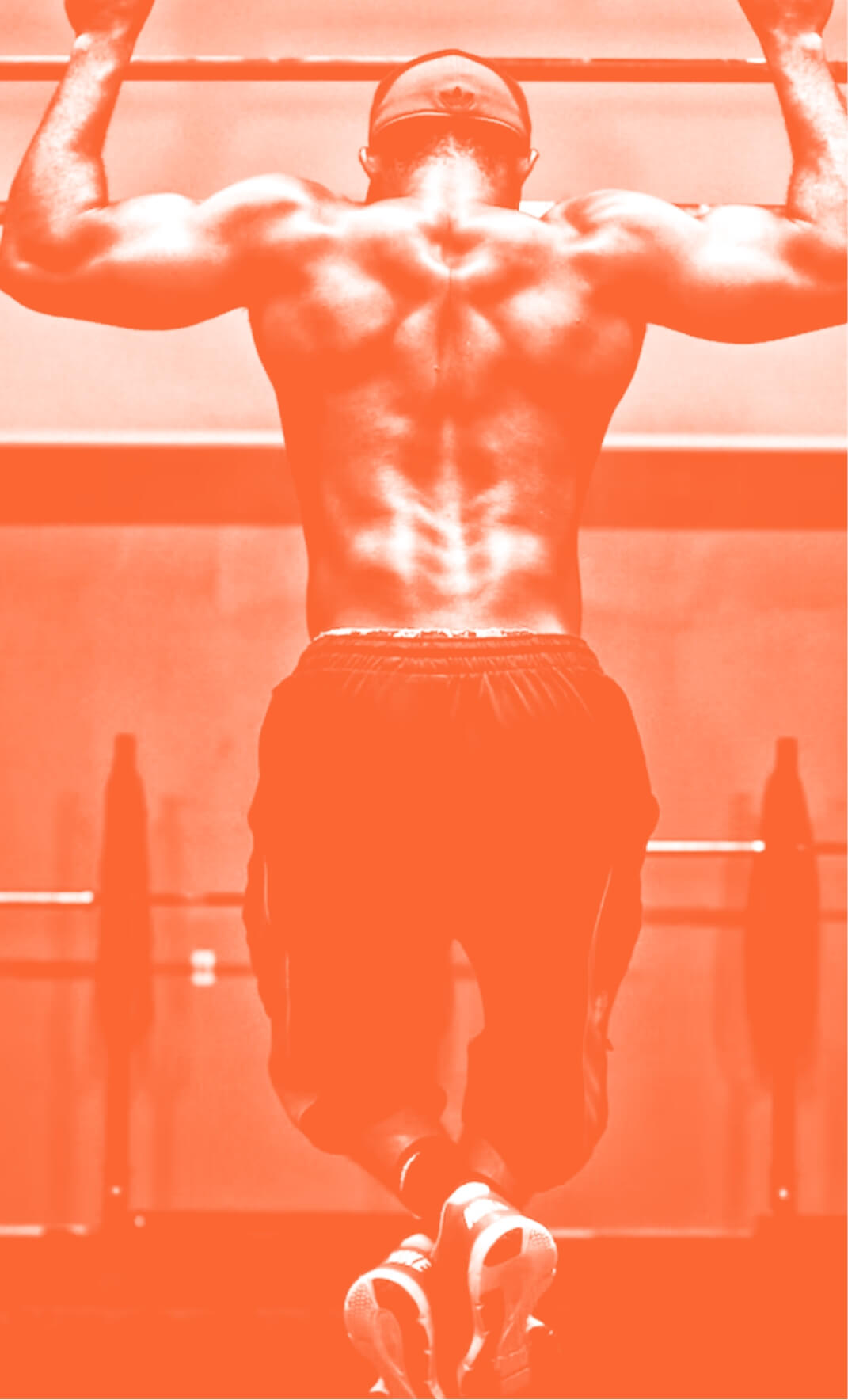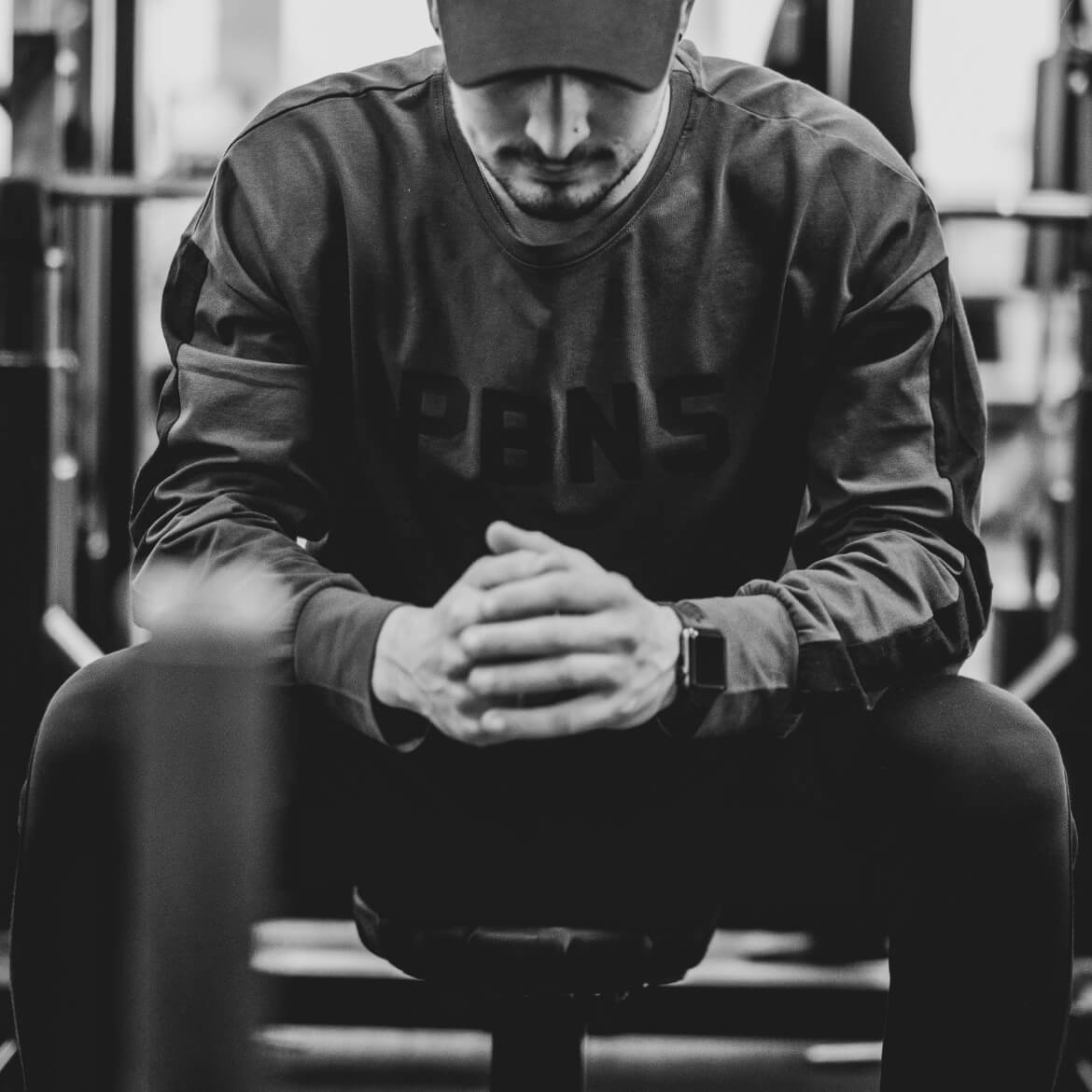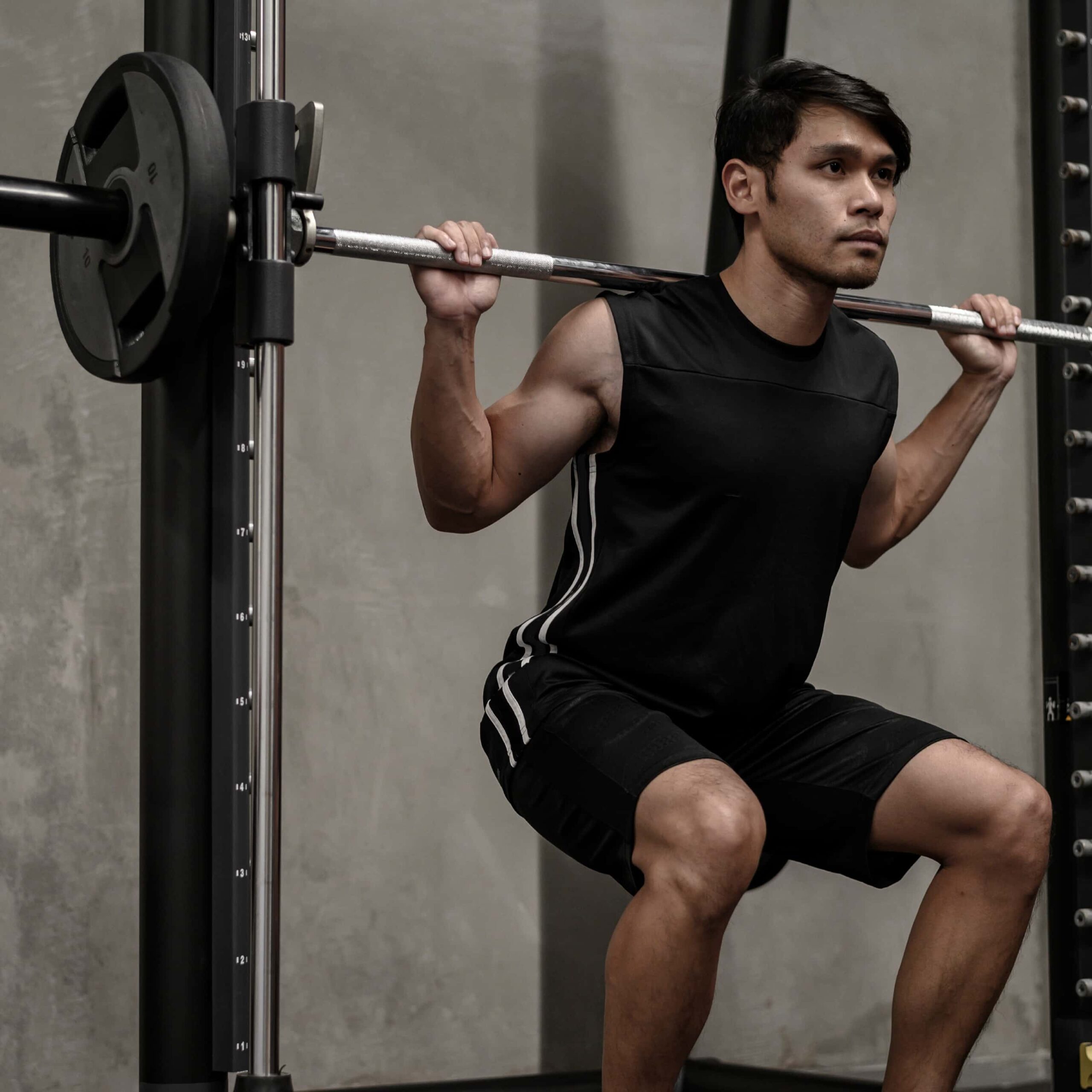Why You Should Think About Using a Weight Lifting Belt
3rd Dec 19

Weight lifting belts aren’t as common as they used to be, even in commercial gyms. There’s no real reason for it, they just kind of disappeared. That’s not a good thing either. Most people are lifting asking if they really needed a weight lifting belt in the first place, but what they may not understand is just what they do to keep you safe. They’re so much more than just a weight lifting accessory after all.
The Weight Lifting Belt Conundrum
The problem with a weight lifting belt, however, is the controversy that they cause. Not everyone agrees with how they’re used, to put it bluntly. There are two sides to the story.
The first side of the story is that relying on a weight belt means you can be much more careless in your lifting. It offers you more support than you need, and you develop a bad technique, or at least bad habits as a result of it. That’s not going to be much use when you stop using it.
On the other side of the coin, you have the safety that it offers you. If you’re new to the exercise or even just trying to lift heavier than ever, they can be a real lifesaver. They can be the only thing that stops you from a serious injury and a personal best, even if you did know your stuff. It all depends on the user.
Before a choose your side of the argument, however, you could really do with a bit of backstory too.
So, what does the weight lifting belt actually do?
So we know the problem, but what’s the basis of the argument? Well, let’s look at what a weight lifting belt actually does to your lifting, first of all.
The belt attaches around your abdomen and back with a buckle very tightly. It’s usually used for huge compound and back effected exercises such as the deadlift in particular.
The general idea of the weight lifting belt is all about pressure. It creates a pressure externally matching the pressure that is caused on the spine internally, in order to prevent any damage or misplacement resulting in potentially serious spinal injury. That’s the sciencey part.
As a whole, this reduces the stress on the spine, keeping it in good condition and aiding in stability whilst performing the exercise. All of that helps make sure it is being performed properly and efficiently.

The basis of the problem
The argument against weight lifting belts is pretty straightforward, actually. People say that the belt actually reduces how much stabilisation you do on your own is less than it should be. The belt supposedly does a lot fo the work for you, and your abs get used to it. That leads to undertrained muscles and an accident waiting to happen.
Studies suggest this is not the case, though. Instead, the weight belt actually gives the stability to not only lift more in a safer way that would be present without the belt, but also gives your abs something to flex on for stabilisation (and that’s not usually there).
This is not to say this argument is invalid though, as in many cases this actually can happen. It tends to be because of how you use of the belt rather than the actual belt itself. Belts are easy to overtighten, and that restricts the contraction of your abs. That makes the exercise much harder to carry out as well as much less stable.

The Verdict
When push comes to shove, we’d say the more good than evil. The belt reduces some flexibility of the spine so that it can’t bend in a way that often feels easier to do. That forces the legs to become much more involved in the exercise. That’s what you’re supposed to do when you deadlift correctly anyway (like this), and it really does encourage safety.
Just remember, a weight lifting belt may not be necessary all of the time for a deadlift. If you’re not careful, it can become a crutch. If you intend to lift anywhere near your maximum weight, though, it is a very sensible piece of equipment to consider. Just use it properly.
If you have any concerns about starting or stopping using a weight belt or even deadlifting in the first place, consult a medical professional.
Before beginning any exercise or nutrition program, consult your physician, doctor or other professional. This is especially important for individuals over the age of 35 or persons with pre-existing health problems. Exercise.co.uk assumes no responsibility for personal injury or property damage sustained using our advice.
If you experience dizziness, nausea, chest pain, or any other abnormal symptoms, stop the workout at once and consult a physician or doctor immediately.










